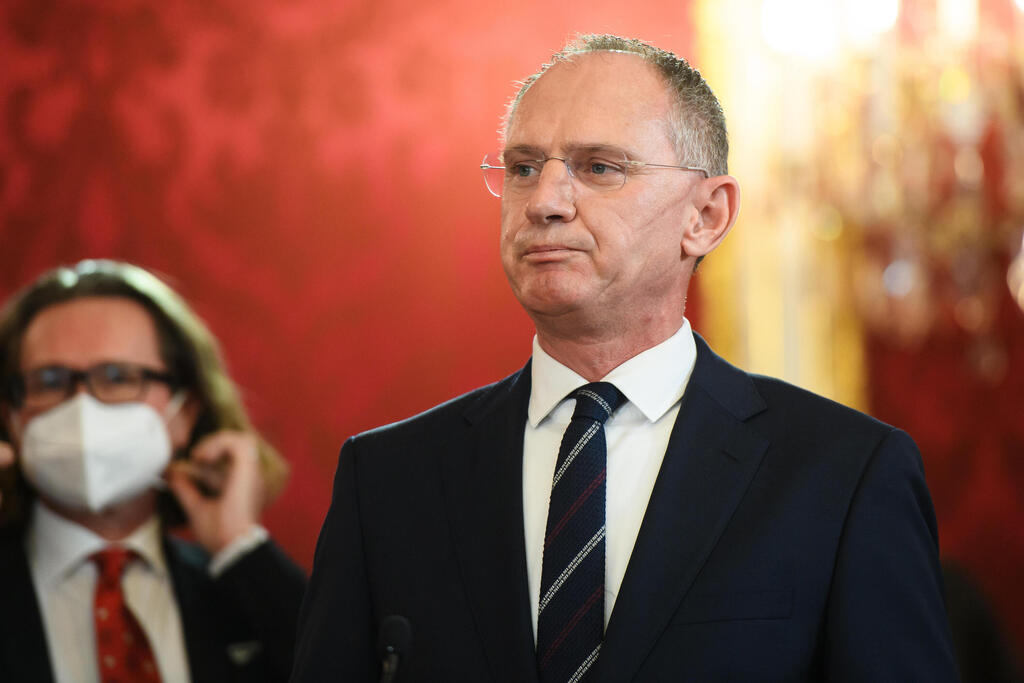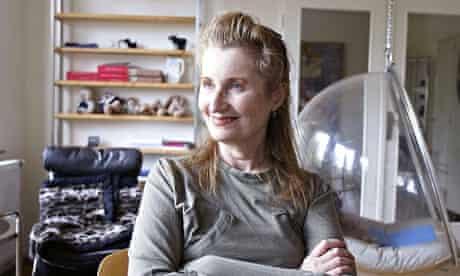A Nobel laureate in literature, Jewish students and other prominent figures in Austria want the country's new interior minister removed from office because of allegedly anti-Semitic comments he made during a regional election campaign more than a decade ago.
Gerhard Karner, who became interior minister a week ago when predecessor Karl Nehammer became Austria's new chancellor, said Monday that he regrets what he said and wouldn't say it now, but he rejected allegations of anti-Semitism.
2 View gallery


New Austrian Interior Minister Gerhard Karner during his swearing-in ceremony at the Presidential Office in Vienna, Austria, December 6, 2021
(Photo: EPA)
According to a report in German news weekly Der Spiegel, the conservative Karner once accused Austria's center-left Social Democrats of working "against the country with gentlemen from America and Israel," and described them as "climate prisoners."
Der Spiegel quoted a spokesperson for the minister as saying Karner was referring to suspected "dirty campaigning" by an Israeli political adviser.
An open letter from a group that included Jewish students, academics, Nobel Prize-winning playwright Elfriede Jelinek and others expressed dismay at Karner's appointment.
"The anti-Semitic dimension of this comment is obvious," the letter stated
2 View gallery


Austrian Nobel Prize Winner in literature, novelist and playwriter Elfriede Jelinek
(Photo: AP)
"We are convinced that this person is completely unsuited to the office of interior minister and call on the government to put our security in the hands of moderate politicians," the letter added.
Karner said in a statement that fighting anti-Semitism and every form of extremism has been a "deeply personal concern" of his for decades.
He said he has arranged a personal meeting with Austria's main Jewish leader, Oskar Deutsch, who had asked for him to clarify what he said over 13 years ago when Karner was a regional official with the conservative Austrian People's Party.
"If things I said then were understood ambiguously, I regret that," Karner said. "The comments were never in any way intended to go in this direction, and I would not make them now."
Karner already faced criticism over a museum in the town of Texingtal, where he served as mayor in recent years, dedicated to Engelbert Dollfuss — an admirer of Italian fascism who became Austria's increasingly authoritarian leader from 1932 to 1934. Karner has said the museum will be reworked next year.

